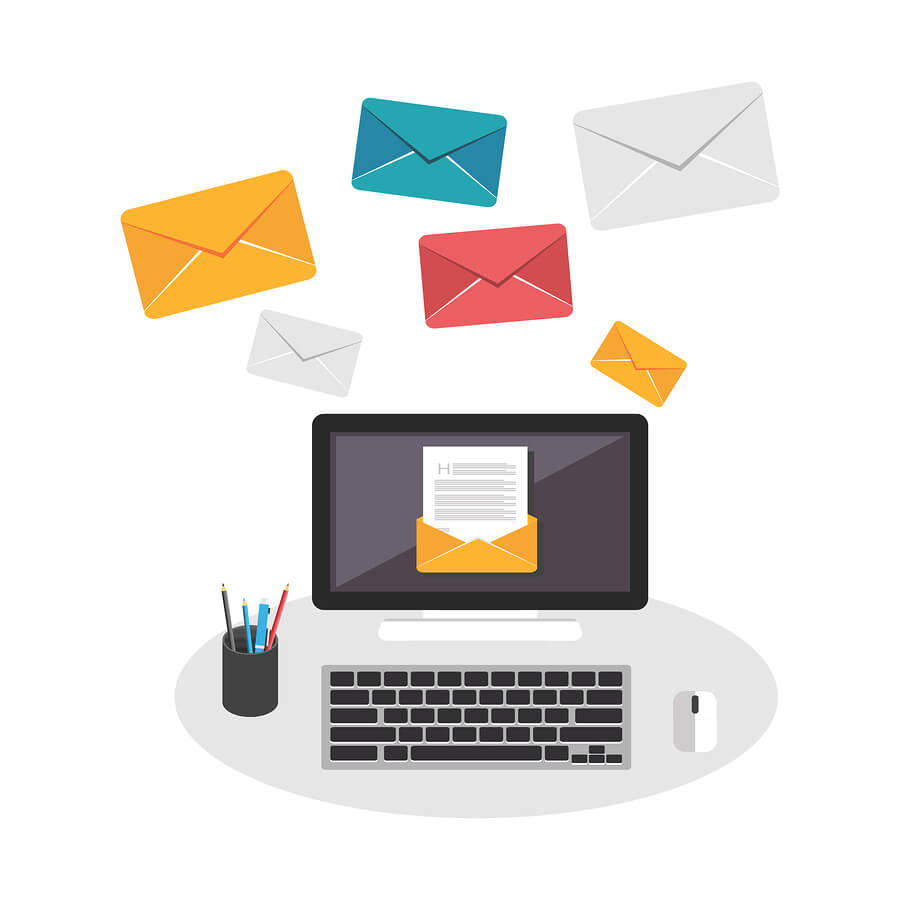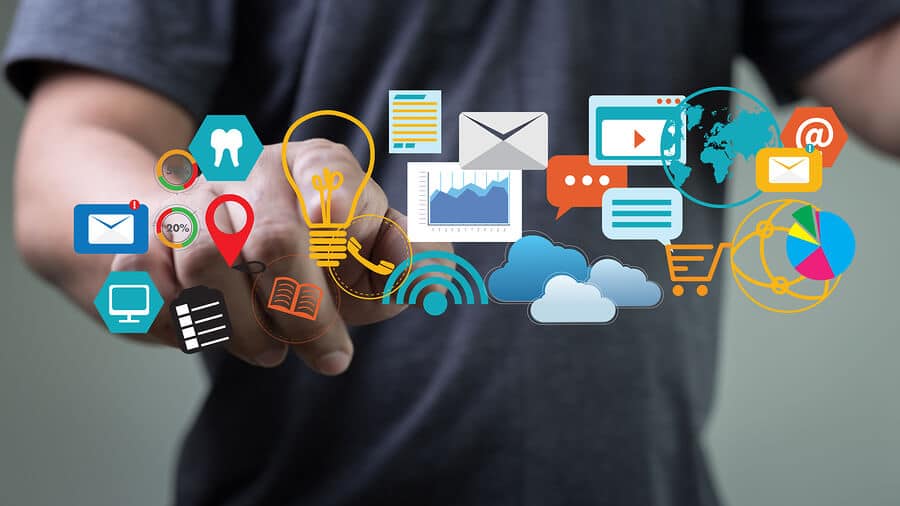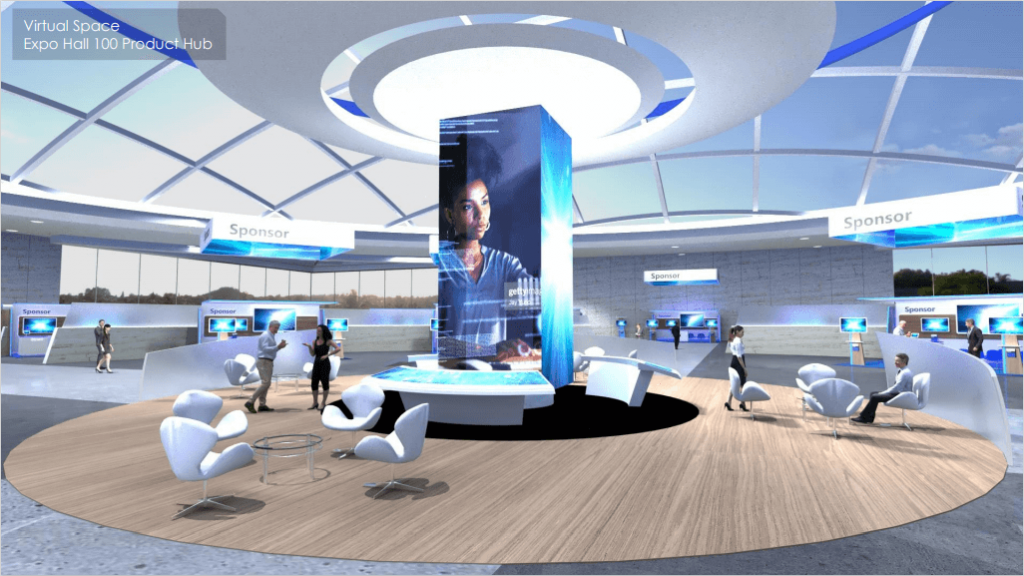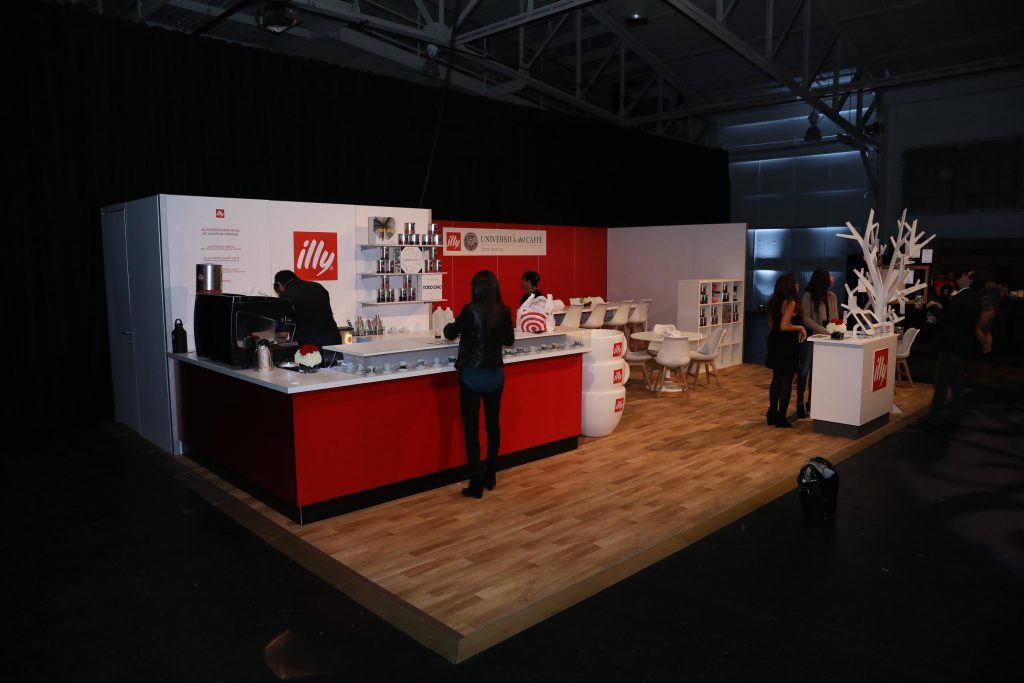In most respects, there’s not a huge amount of difference between promoting a live versus a virtual event. But there are some key areas where virtual event promotion is unique.
The Attendee Experience
The main difference between virtual events versus live events is the attendee experience. Attending an event in person is vastly different from attending online. It’s this key difference that informs what a virtual event marketing campaign is like, compared to a live event campaign.
The two types of campaign are similar but are differentiated by the unique aspects that make each event what it is. What’s unique about your virtual event, and why should people attend? What’s special about attending your event online? Use the answers to these questions to inform the content of your promotional campaign.
Where Is Your Target Audience?
Depending on the event, another key difference may be the target audience. Unlike physical events, where your audience is somewhat defined by the event location, a virtual event can more easily attract a national—even global—audience. On the other hand, some virtual events have a more local focus due to the nature of the business or industry involved.
Should you focus locally, nationally, or globally? The answer to this question depends mostly on where your company’s products or services are targeted. If your company provides local services, for instance, it’s pointless trying to capture a global audience, even at an online event. If your company only ships nationally, you probably won’t need to bother targeting a global audience. But if your company does—or could—have a global customer base, thinking bigger could be very rewarding.
Finding your audience is essential. You might have valuable event content and a line-up of stellar speakers, but without the right audience, all your efforts are wasted. Your marketing efforts are therefore all about defining your target audience, finding that audience, and then delivering your message.

Setting Expectations
Large-scale virtual events are still new to most people. In 2020, few will have attended a big event online, and they won’t know what to expect. This may deter some people from attending, as they may think of virtual events as not having the same rewards and opportunities as live ones.
Part of your promotional strategy should therefore be about setting expectations. Tell attendees what they can expect at your virtual event. This is an important part of in-person event marketing too, but while virtual events are so new, it is particularly important to spell out what your event will be like. People will want to know if they can still do the same things at a virtual event as they do at a physical event. For instance, will there be networking opportunities? If it’s a speaking event, can they ask questions? At an online expo, how will they meet and interact with exhibiting companies?
Defining Your Audience
The most important step in any marketing plan is the first one: identifying and defining your audience. If you don’t know who you’re marketing to, any subsequent efforts are wasted. There’s no point in marketing to an audience who will never be interested in your event—it’s just a waste of time and money. When you know your audience, you can figure out the kinds of event content and marketing messages that will catch their attention.
Knowing your audience is important for another reason. Your audience doesn’t just define the content of your marketing efforts; they also determine where your marketing messages should be placed for best effect. For instance, Facebook, Twitter, Instagram, LinkedIn, and email are all potentially effective for marketing purposes, but some are better suited to certain audiences than others.
Once you know who and where you audience is, you can get started on creating a plan to promote your event.
How to Promote a Virtual Event
1. Start with a Compelling Landing Page
The cornerstone of your promotional efforts is your website, and your virtual event’s landing page. The landing page is where people will end up when they click on advertising messages. This is your chance to tell them why they should attend your event—what value they can gain from it. Essential elements of this page include:
- An attention-grabbing headline
- The date and time of the event
- Highlights of the event agenda
- Any big names who are attending (sponsors, exhibitors, speakers, and others)
- Links to more detailed information, such as details of the event agenda or an event FAQ
- A link to the registration page.
- Email sign-up, for those who are interested but not ready to register yet
Once your event website is live, your next steps are all about funneling potential attendees to the landing page. Part of this involves targeting the locations you’ve already defined as places where your intended audience can be found online. Plus, you’ll be able to leverage others involved in the event to help spread the word.
2. Issue a Press Release
Writing and issuing a press release is a step you might be tempted to skip. Most people normally think of press releases in conjunction with live events, but there’s no reason you can’t issue a press release for your virtual event. Write a release that shares all the important information, including:
- When your event is
- Important content and speakers
- How to attend
Then send it to relevant news desks and online publications.

3. Create Promotional Content
Blog posts and video content are both potentially effective ways to showcase your event and drive traffic to your landing page. Create content that shows off what your event is about and what value it has for attendees. This is also a great opportunity to help set expectations for the event. Since many people won’t know what to expect from a virtual event, your content can help them understand the experience—and understand why it’s worth attending.
As well as using it on your company website and event website, you can share content on social media and funnel even more traffic to your landing page.
4. Coin a Hashtag
Hashtags are most useful on Twitter and Instagram, but they’re used on other social media platforms too, including Facebook and TikTok. An event hashtag highlights your event and your brand, and helps you generate some buzz.
Each time you mention the event on social media, use the hashtag, along with some valuable information. For instance, when you share blog posts and other event content, add the hashtag. Use it when you announce sponsors, speakers, and other key people involved in the event. And ask those people to use the hashtag when they talk about the event on their own social media channels.
5. Target Social Media
Social media offers a huge amount of scope for promoting a virtual event. Every major platform can potentially provide you with a new stream of attendees. And each platform has its own particular benefits. Some options for using social media include:
- Create a Facebook page for your event, linked to your company’s Facebook page. You can also use the free Facebook Events feature to keep track of interested people and RSVPs.
- Promote via LinkedIn on your company’s page, with content that describes the value your event offers to your target audience.
- Use Twitter to update your followers and attendees on the event’s progress. Tweet out new event-related content, and let people know about event features, speakers, and other items of note.
- On Instagram, share video clips of scheduled guest speakers and presenters, and other visual content that’s relevant to your audience.
Make sure to use your event hashtag every time you post an event-related social media update.
6. Leverage Your Sponsors and Speakers
You don’t have to be the only one promoting your event and its content. The more people who are motivated to talk about your event, the better. Ask sponsors, speakers, and presenters to mention your event—using the hashtag—to help keep the conversation going. They may also be willing to share your event content, such as blogs and video clips, on their own social media pages. Most people will be happy to do so—after all, any publicity surrounding your event benefits them too.
7. Add an Email Marketing Campaign
Online marketing doesn’t start and end with social media. An email marketing campaign dedicated to building interest in your event can have great results. If you already have an email marketing list, many people on that list might be interested in attending your event. Plus, you can add people who’ve registered their interest on your event website.

Keep the Marketing Going, Right Up Until Event Day
If you’ve been used to working with live events, then promoting an online event may seem unfamiliar. But the truth is, they’re very similar processes, with only a few points of difference. Once you understand how to promote a virtual event, it’s just a matter of following the steps to defining, finding, and attracting your audience. To get the best results out of your promotional campaign, keep the momentum going until the day of the event—and then use similar tactics to keep motivation high throughout the event itself.









